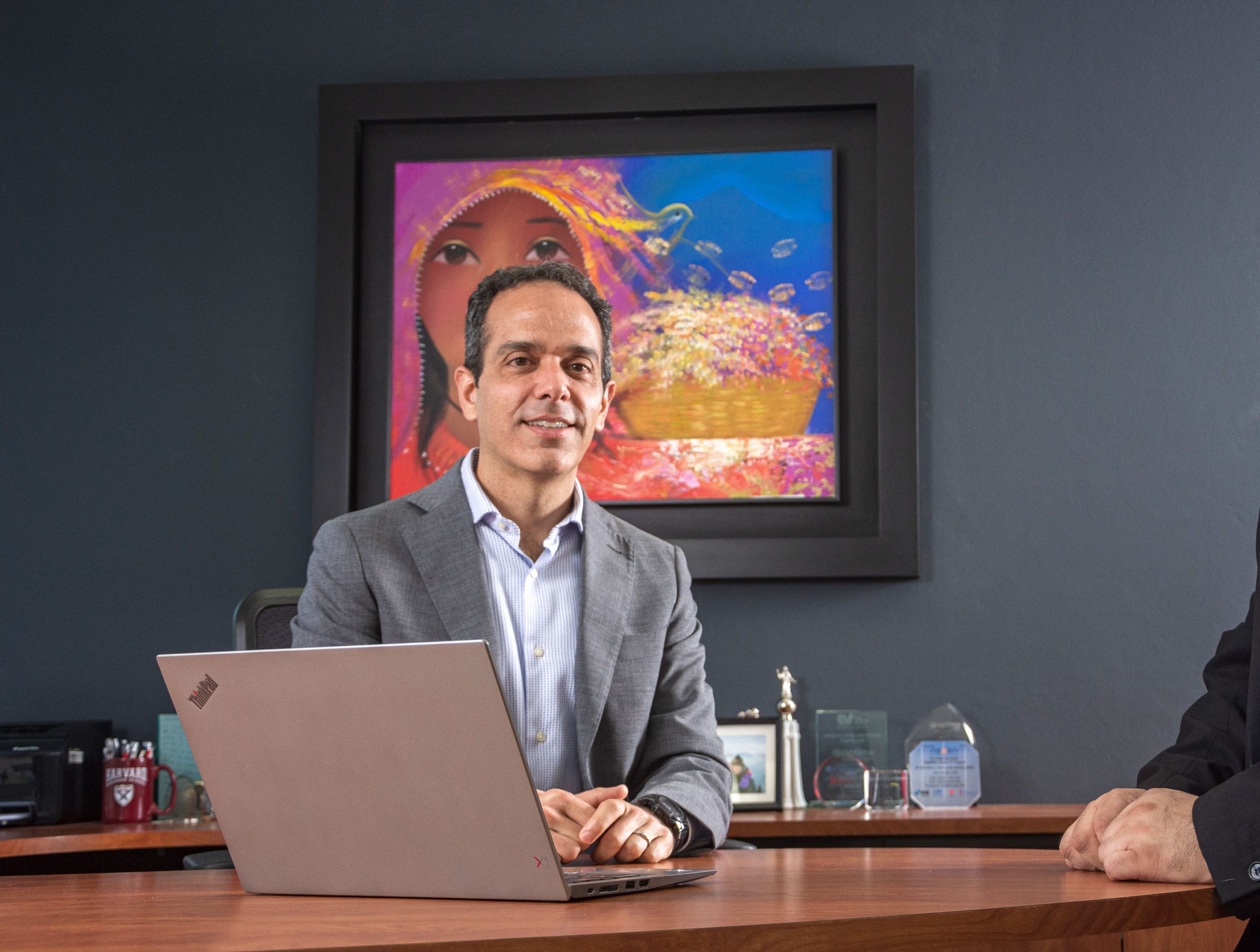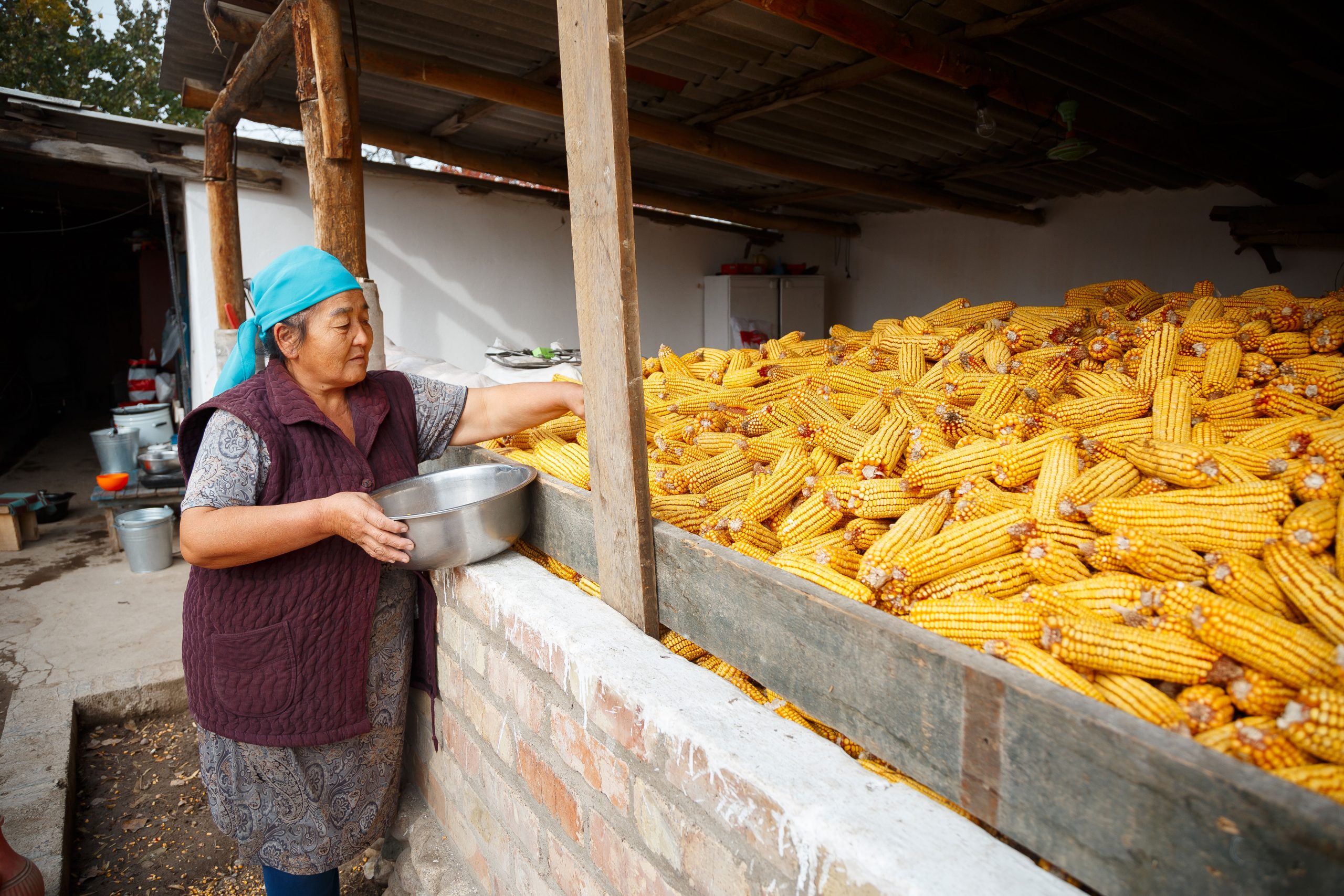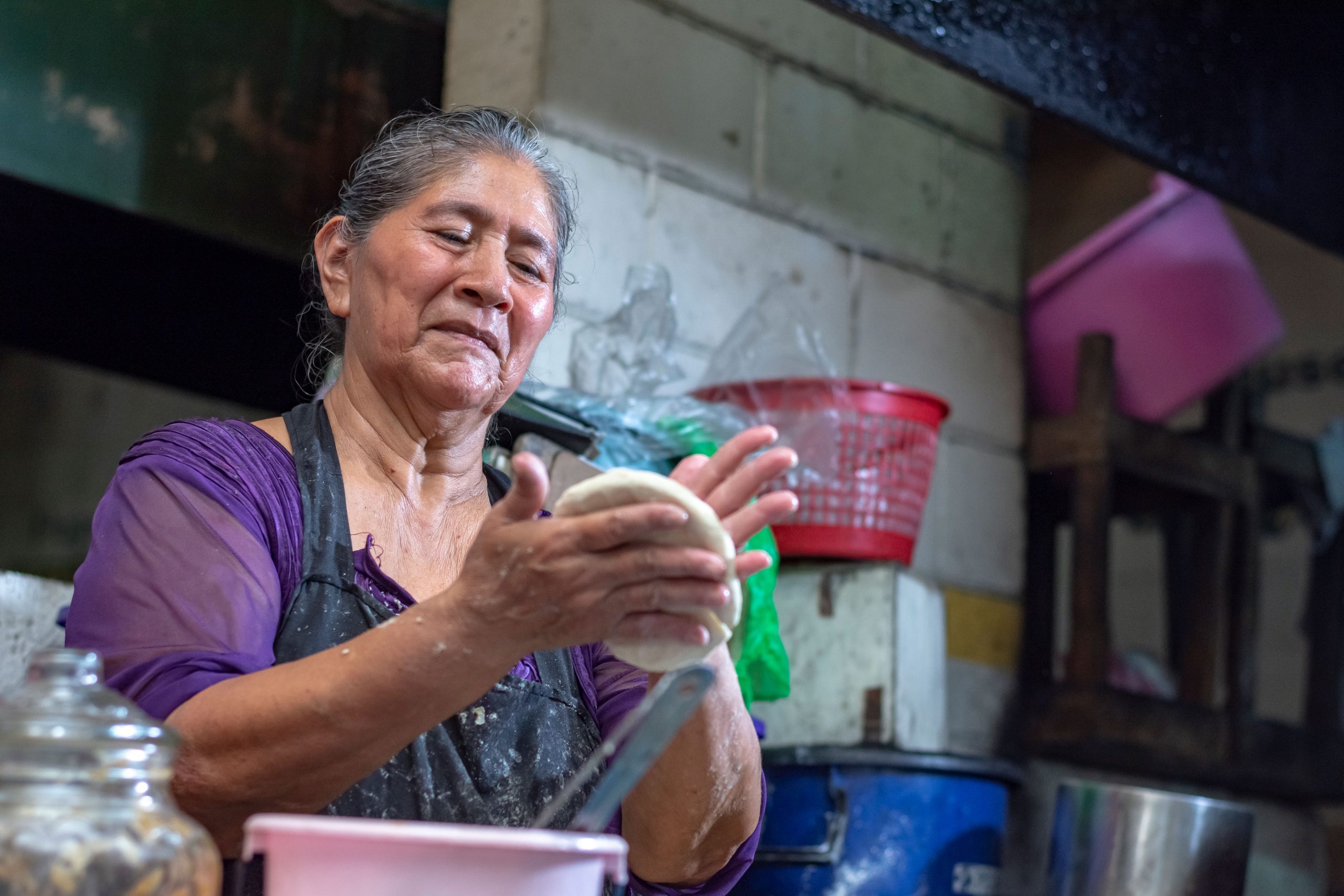
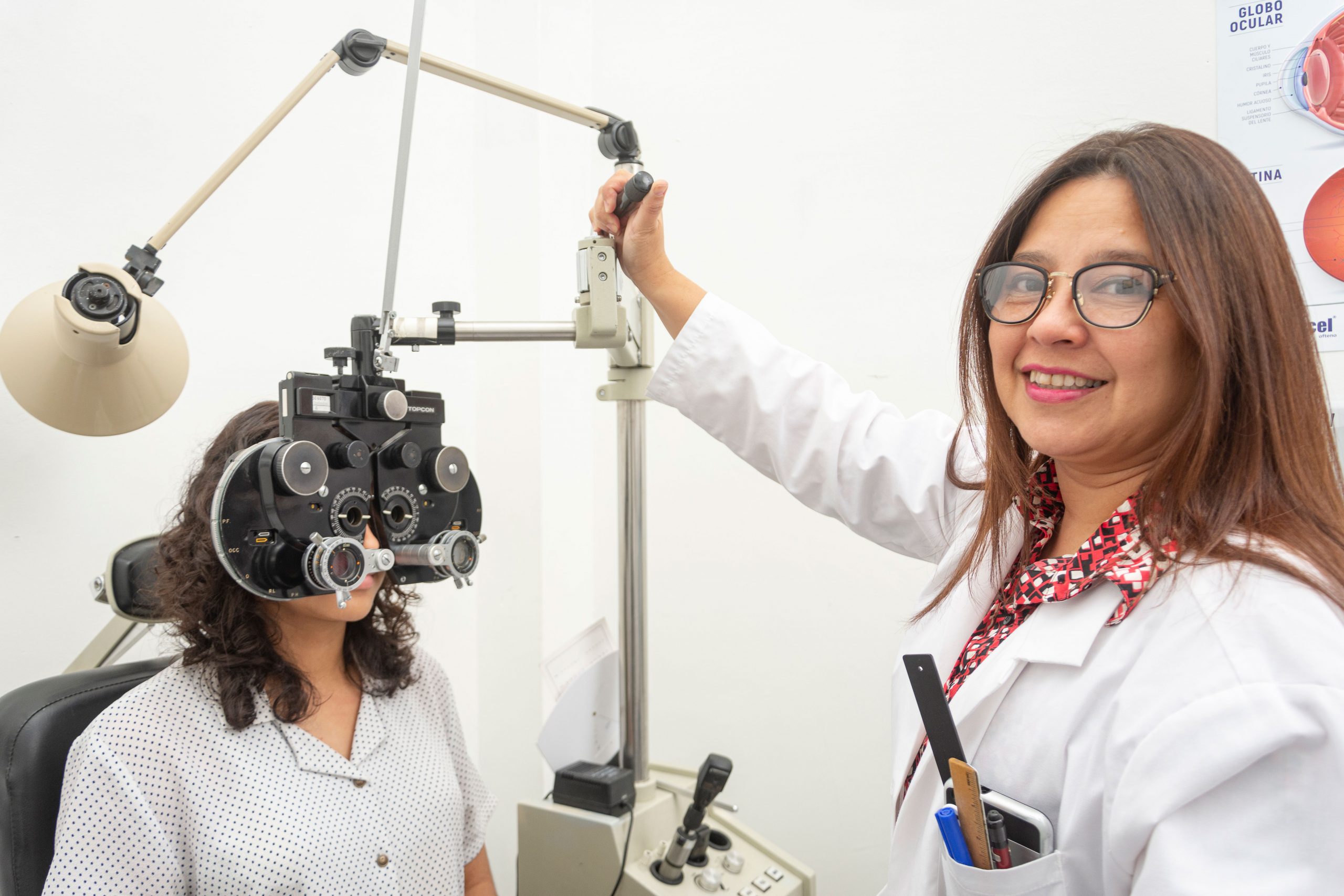
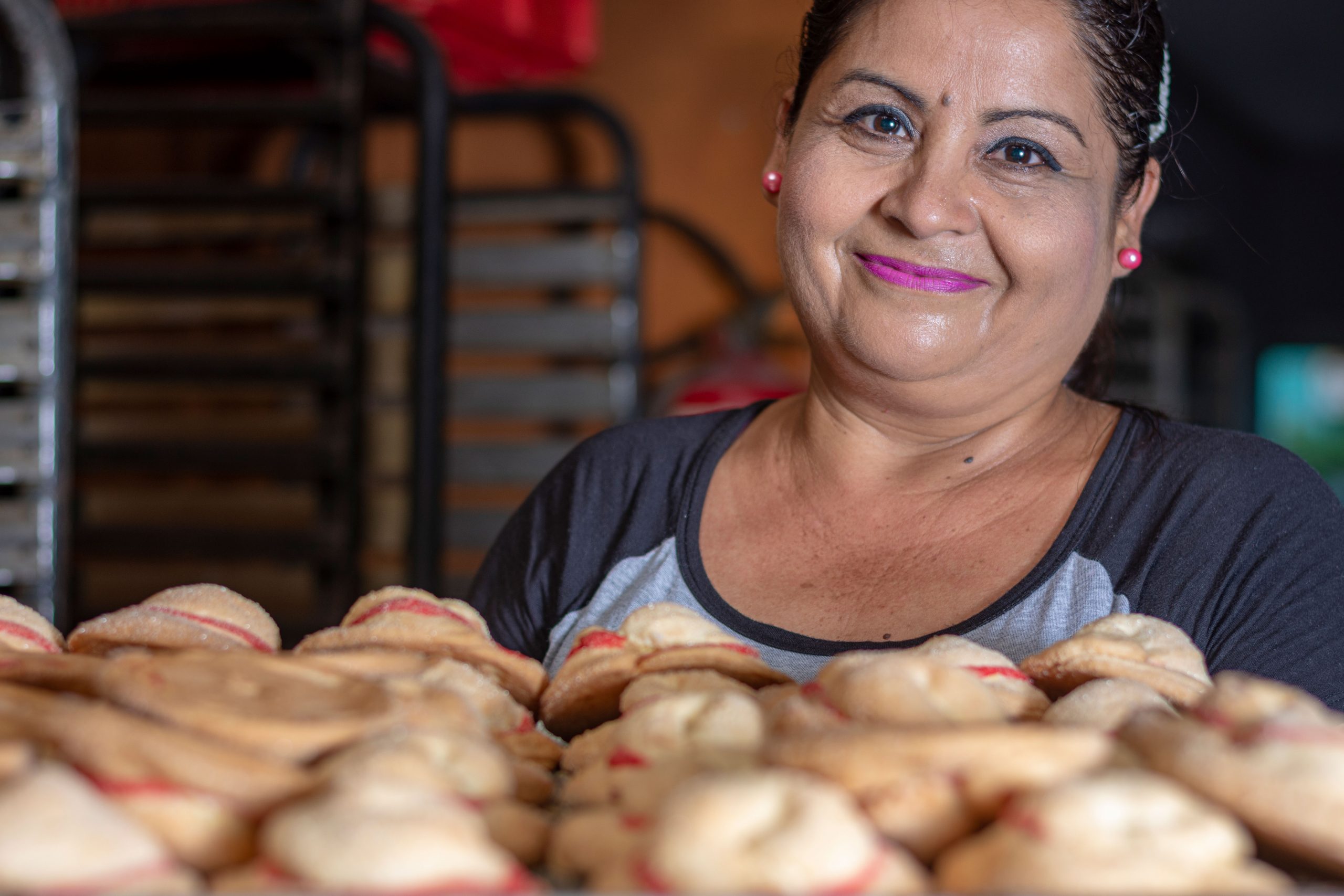
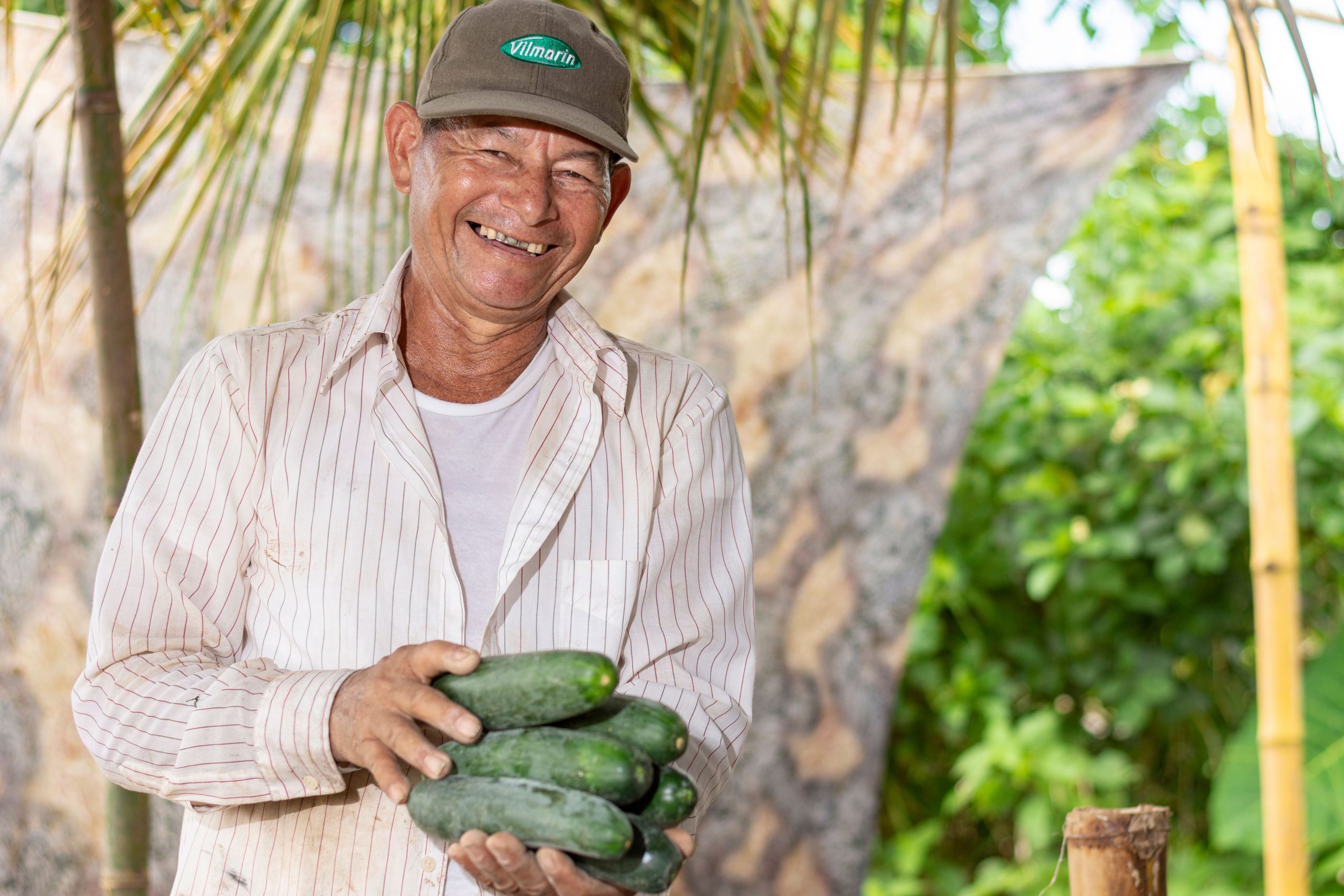
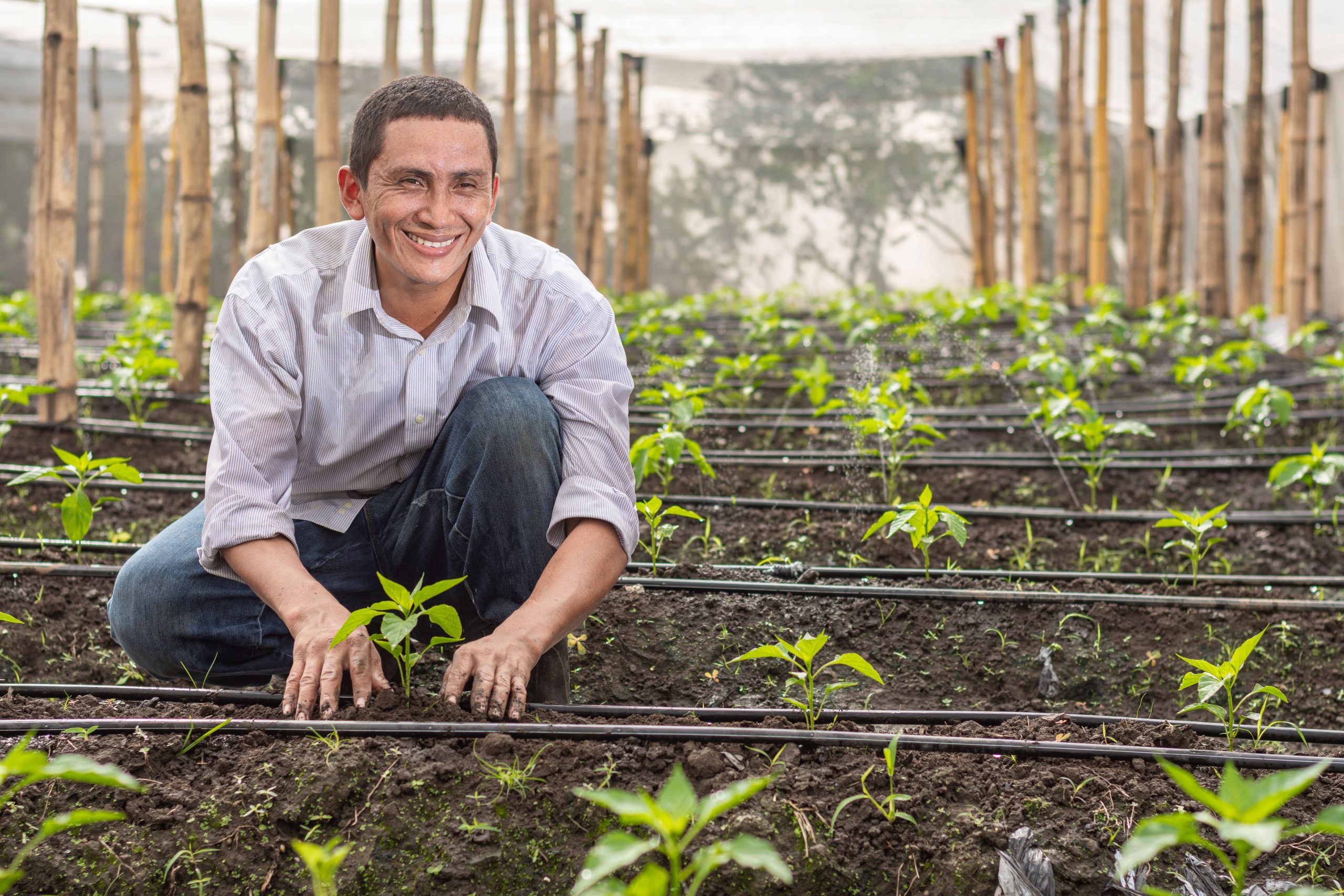
LMDF started financing Óptima in 2013. How has your MFI evolved since then to become the organisation we see today?
Óptima has evolved considerably. I founded the company in 2009 and we are turning ten this year. I started with my own capital and, when LMDF invested initially, as one of the first funds to support us, I was the only shareholder. We had our agency and a vision to grow, in an orderly manner, with a solid and prudent credit methodology. We also aimed to differentiate ourselves from the competition, with innovative products, allowing us to reach certain market segments efficiently.
Looking back, we certainly have grown. We now have USD 100 million in assets (USD 2 million in 2013). We have 37 agencies (including recent acquisitions in Honduras) and are employing more than 600 people. We now reach about 30,000 clients. The truth is that it has been a real journey. It gives me great satisfaction to be able to see the way in which we have changed the lives of many of our customers who have grown up with us, who have created small businesses, improved their homes, even bought vehicles. The support that LMDF has given us in our growth trajectory has certainly been fundamental.
We started mainly by financing rural micro-entrepreneurs, with support for housing improvement. We then launched our microcredit product to finance working capital and this was when we started to differentiate ourselves.
We looked for innovative and alternative ways to match our clients’ cash cycles and at their specific needs, and found that factoring was very important, given that some clients had very large open contracts. We have continued to innovate and are now looking at customer profiling and speedy delivery. We have also launched a mobile application and are already making disbursements through it.
In an evolving marketplace, how do you maintain growth and what opportunities and challenges do you see?
Our institution has a firm belief in culture: we need people that are committed and have enough experience and desire to overcome challenges. People feel part of the success of the company and this is a real differentiator. We are always looking to do things in the best possible way and place a lot of emphasis on training. We have a university and an Óptima school to train people for different areas of the business.
A second point is that we continuously innovate. We try to deeply understand customers’ needs for each of the sectors we serve and design products that are differentiated and that really meet our clients’ requirements, in terms of business cyclicality or capital requirements. We also look to anticipate market trends, and be open, flexible, creative and adaptable. This is a common goal across departments, from risk to business development.
Healthy growth is also fundamental – there is no point of growing with a portfolio quality that is compromised. El Salvador has a high level of over-indebtedness. This is a challenge, but there are ways in which we are lowering this risk, by approaching community development associations. Being a regional player, and integrating technology, also helps to support our healthy growth.
El Salvador has a high migration rate. Various factors such as violence, limited opportunities in rural areas, increasingly unpredictable climate and vulnerability to natural disasters might have led to high migration. How can microfinance help address this issue and so allow its inhabitants to live a decent life in their own country?
Many of our clients have considered, at one time or another, emigrating to the United States. One reason is that some are approached by the Maras2 and are told to pay USD 5,000 the next day; if not, they had better leave the country. We work with community development associations to try to ensure that our people and clients can work more safely. Generating clusters, where customers can have more control over how to invest their money and not be prey to the Maras, may be the way to go here.
A second step is to ensure that clients invest their money well. Our team of advisers closely accompany clients, particularly when it comes to working capital. If not, clients often end up spending the money on things that do not add to equity. When money is badly spent, vulnerable communities may again become desperate and decide to leave the country. Óptima works closely with the client to ensure that investments generate an accumulation of assets and thus allow them to be more stable and remain in their country.
Another solution is housing. When the family owns their own home, they have a firm rooting and are less inclined to migrate.
We see that the Salvadorans are very entrepreneurial and hardworking; when they throw in the towel and leave, it is because of conditions like missing roots, business failure or because they have been a victim of the Maras. We need to ensure clients have their needs holistically covered and then we can see the impact of credit in providing a safe occupation within the country.
How do you see technology, such as mobile solutions, integrated in your product range?
We have seen mobile solutions taking off in several areas, notably Africa and East Asia, partly as a result of geography (large distances, poor infrastructure). These have not been such push factors in Central America, but clients are certainly becoming increasingly aware of the potential for technology.
In El Salvador, in particular, mobile phone ownership is quite high, partly as a result of US influence and trends seen there. I think there are almost two cell phones per inhabitant. Clients are increasingly migrating towards services offered through cell phones, notably for remittances. We also provide other mobile services, for example, viewing statements or paying bills. We are making strides towards financial services being offered through a mobile platform, and I think that companies not taking such steps will be seriously disadvantaged.
Apart from the Óptima mobile application, we already have our digital wallet platform. All our credit executives have a mobile device through which they directly make queries, enter and complete credit applications and above all submit them. The transaction cost is significantly reduced, and, with certain recurring clients, we are also looking at how to change several processes to become more efficient.

